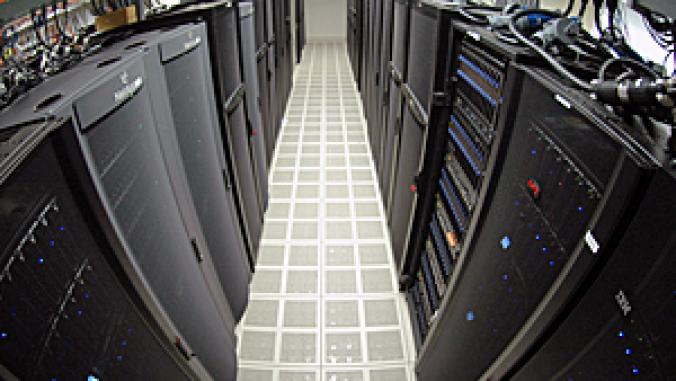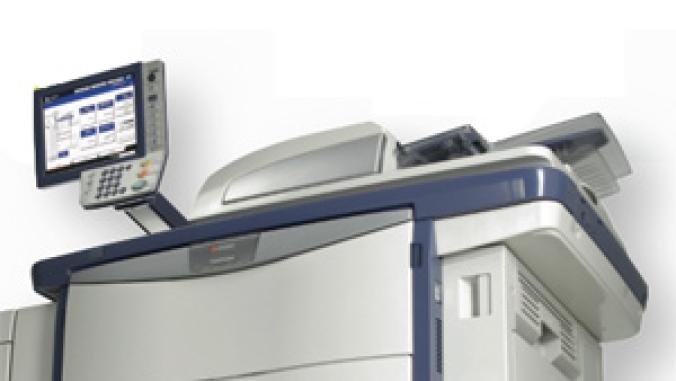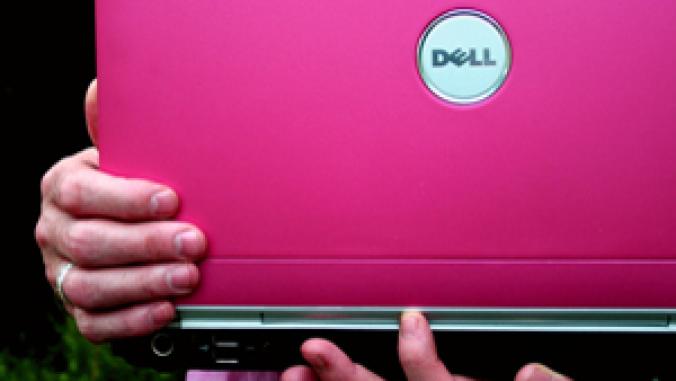Energy Efficiency Saves IT Industry $2B Annually
<p>The Climate Savers Computing Initiative today announced that energy efficiency efforts from the global IT industry had resulting in huge cuts in greenhouse gas emissions and big savings on energy bills.</p>

It looks like the IT industry is getting out ahead of aviation in the climate race: According a new report from the Climate Savers Computing Initiative, IT has cut its greenhouse gas emissions by about 32 million metric tons since 2007, which means its carbon footprint is likely shrinking faster than that of global airlines'.
The two industries are often paired in terms of global responsibility for GHG emissions, since a 2007 report from Gartner showing both industries with a 2 percent share of the world's carbon footprint.
That same year marked the kickoff of the Climate Savers Computing Initiative, a global consortium of IT giants in partnership with the World Wildlife Fund. The group has since made a concerted effort to cut the energy needed to power the world's IT infrastructure.
"When CSCI was established in 2007, desktop computers wasted 50 percent of the power coming from the wall," Lorie Wigle, general manager of the Eco-Technology Program Office for Intel and president of the Climate Savers Computing Initiative, said in a statement. "Today, through the collective efforts of our organization, hardware manufacturers, large IT buyers, and other key partners, the IT sector has cut that waste by at least 25 percent for new systems."
CSCI has worked on two fronts to cut energy use: Increasing the number of desktops, laptops and servers that ship with PC power management technologies installed and enabled, and developing more efficient power supply units, or PSUs.
To calculate its savings to date, CSCI contracted with Natural Logic to survey CSCI's membership about adoption rates for PC power management on computers and servers. The findings show steady improvement in adoption and associated reduction in CO2 emissions, growing from almost 5.2 million metric tons saved during CSCI's first year in existence to over 36.8 million metric tons saved by the end of its third year in savings.
As part of the survey, Natural Logic found that CSCI is having a direct impact on computer manufacturers. "The feedback that CSCI has gotten from PSU and computer manufacturers," the report states, "has been along the lines of, 'If CSCI weren't putting such an emphasis on improving PSU efficiency, we wouldn't be making such changes.'"
"The Climate Savers Computing Initiative has made significant strides in reducing the impact of computing on our environment," Steve Ryan, program manager for the EPA's Energy Star Low-Carbon IT Campaign, said in a statement."This research demonstrates progress, but we know that still more can be done by increasing the adoption of power management and energy efficient computing equipment in the U.S. and worldwide."
Among the next steps CSCI will take includes a focus on networking equipment, especially commercial and residential routers and switches as well as security and access devices. CSCI estimates that an additional 38 million metric tons of GHG reductions are possible by the incorporation of high-level energy efficiency in these devices.
CSCI has already worked on both technological and social ways to boost energy efficiency. The group earlier this year published free design tools to wake PCs instantly from sleep, as well as a catalog of energy-saving computers. The group has also launched recruitment efforts to get universities and IT departments alike to sign up for energy-efficiency efforts.
More information, as well as a detailed report on the Initiative's impacts so far, is available from ClimateSaversComputing.org.




